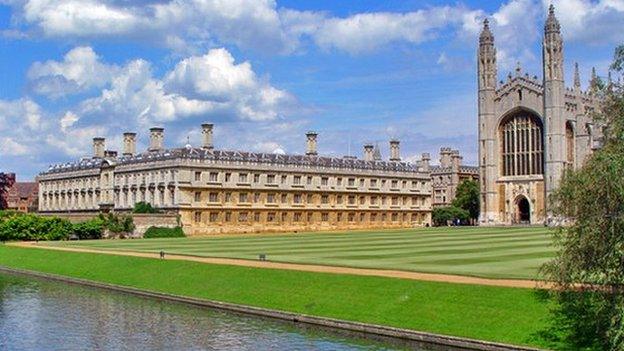Cambridge: The university city bracing itself for 'reopening'
- Published
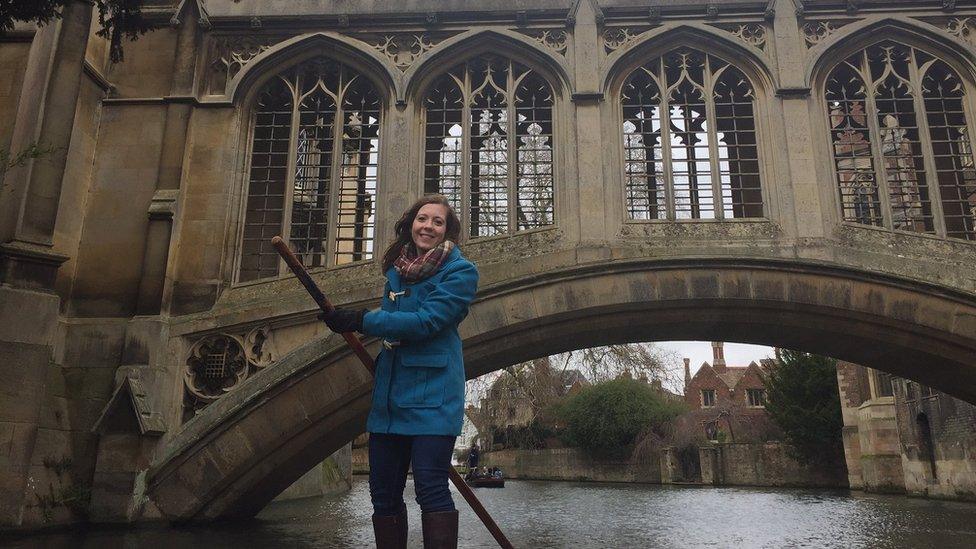
Amy Batley says some feel the plans for Cambridge University's new term are akin to "boarding school"
Thousands of students are poised to swell the population of one of the world's most famous university cities this week. But what will it be like both for them and for the residents and businesses in Cambridge?
Amy Batley has moved out of college accommodation and into a new privately-rented home with her boyfriend.
A PhD student, the 26-year-old said part of the reason for their decision was down to the precautions the various colleges that make up the University of Cambridge are planning to take.
"All the colleges are taking different measures," Miss Batley, who is associate editor of the university's student newspaper Varsity, external.
"In some colleges, it is things like absolutely no visitors at all. In other colleges, you can have limited visitors between, for example, 08:30 and 22:00, and guests are not allowed to use the bathroom or the kitchen.
"I understand the need for measures but if, for example, you're in a relationship with someone, the government rules that you don't have to socially distance from them.
"I've heard people describe it as being like a boarding school."
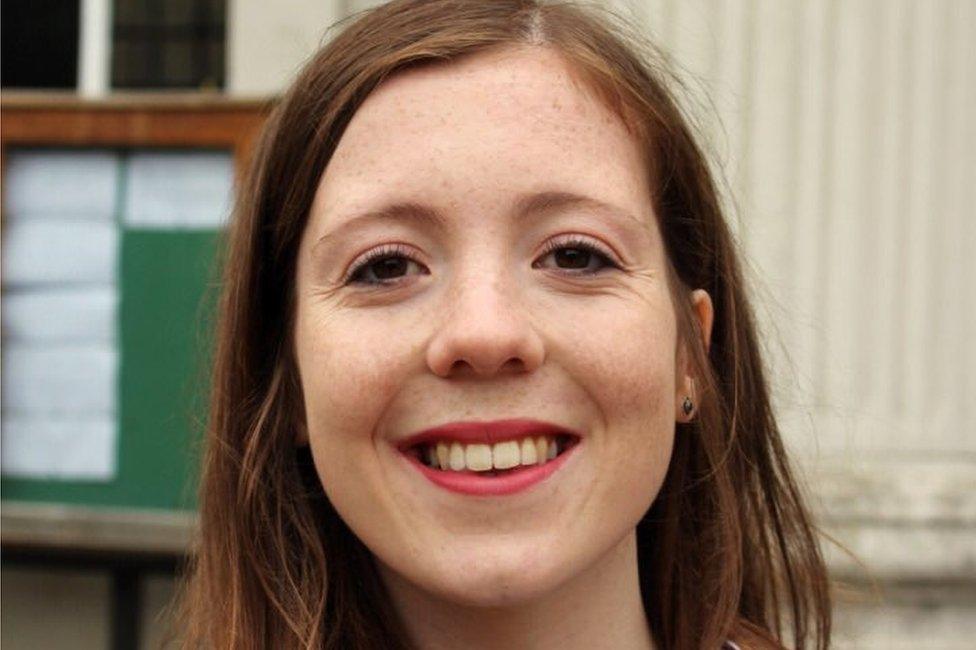
Miss Batley said she welcomed the national measures but was concerned Cambridge's colleges were treating students with more caution - and making life more restrictive - than for the general public
Life will be very different for students returning this week.
The bicycle "rush hour" each morning, as students from across the city ride to faculty buildings for lectures, will be a mere memory, because lectures are being run online.
Some small group teaching and the weekly supervisions will sometimes be done in person, where appropriate, or again delivered online.
Even visiting a library to carry out research or pick up books will entail booking a slot first via the internet.
In the colleges, students will find themselves divided into "households" and weekly coronavirus testing will be put in place.
Some are deeply concerned about what the start of the new academic year will mean for the health not just of the university population but of people living in the wider community.
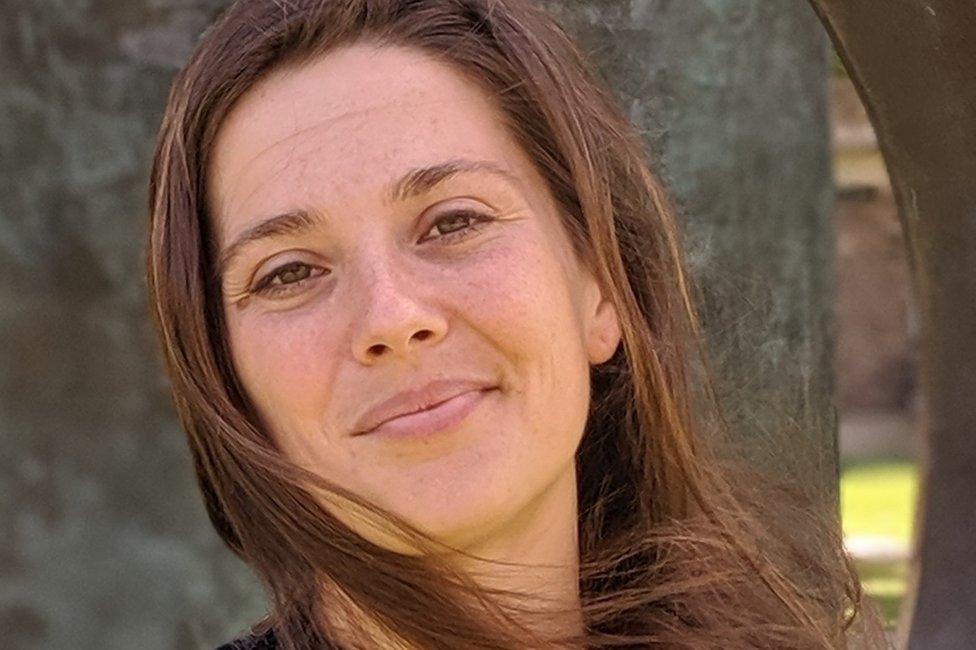
Dr Freya Jephcott said she was very concerned about the health impact of students returning to university

Dr Freya Jephcott, research fellow in emerging infectious diseases at the university, said: "It is not the students' fault, it's the situation they are coming into.
"Personally, I think it is quite a bad idea that students are going back right now, given the larger epidemiological situation in the UK.
"I would have urged getting through the winter months before returning all students to universities."
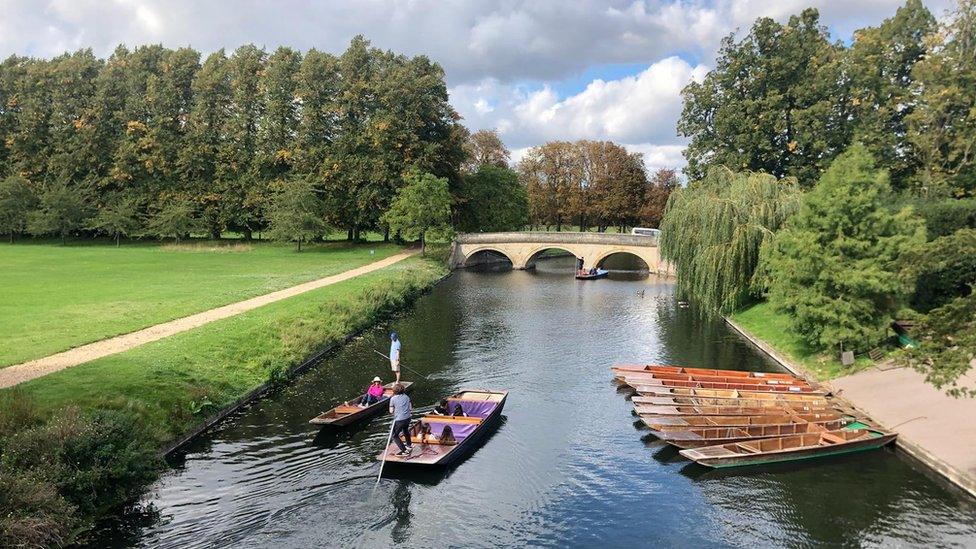
Cambridge has been "very, very quiet" since March, says the city's MP Daniel Zeichner
Her concerns are echoed by the city's Labour MP Daniel Zeichner, who is chairman of the parliamentary all-party group on universities.
"There is a real risk here and we are seeing it across the country," he said.
"My disappointment is that we knew this was going to be happening and that's why we needed the testing and tracing system in place in a way that was workable."
Mr Zeichner said the impact of having fewer students in the city, which has a population of about 123,000, had been marked.
"The city has been very, very quiet," he said. "Because we have such a huge student population normally, taking out a quarter of the population for a prolonged period of time itself has a knock-on effect on the city.
"I can completely understand why people are so keen to get people back and get the city working again but that's why we have to be able to do it safely and that's why testing is so important."
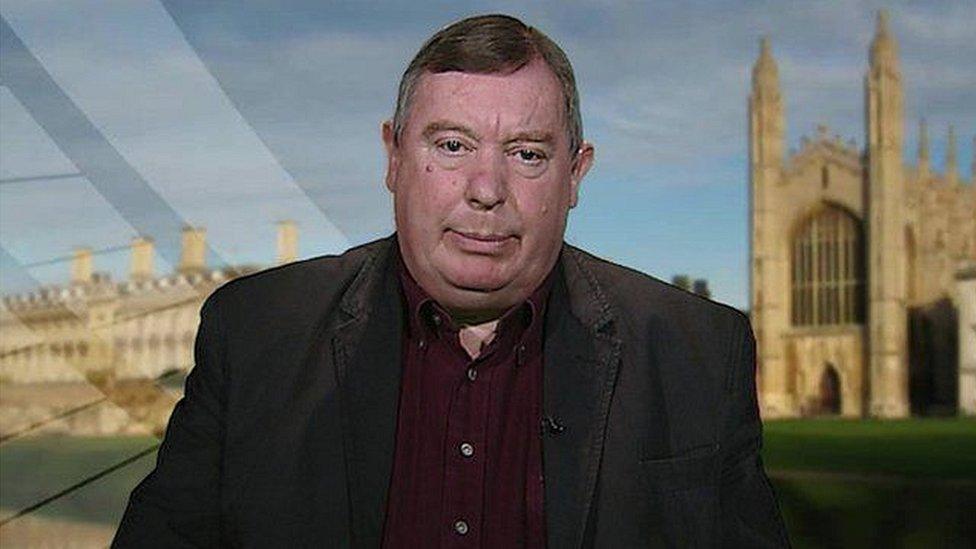
John Bridge said he was concerned for the mental health of business owners and employees
The city's economy has been hit hard, according to business leaders in the city.
Cambridge usually attracts more than eight million visitors each year, bringing in about £800m and accounting for nearly a quarter of all employment in the city, external.
Figures from the city's Business Improvement District suggest current footfall is down more than a third compared with last year.
John Bridge, chief executive of the Cambridgeshire Chamber of Commerce, said: "We've had a lack of tourists and a lack of students.
"It is really having a significant effect on the Cambridge situation. The 22:00 curfew has affected so many businesses - restaurants, pubs, hotels and other organisations that run often quite big events.
"These events are held in Cambridge because it is an internationally famous city."
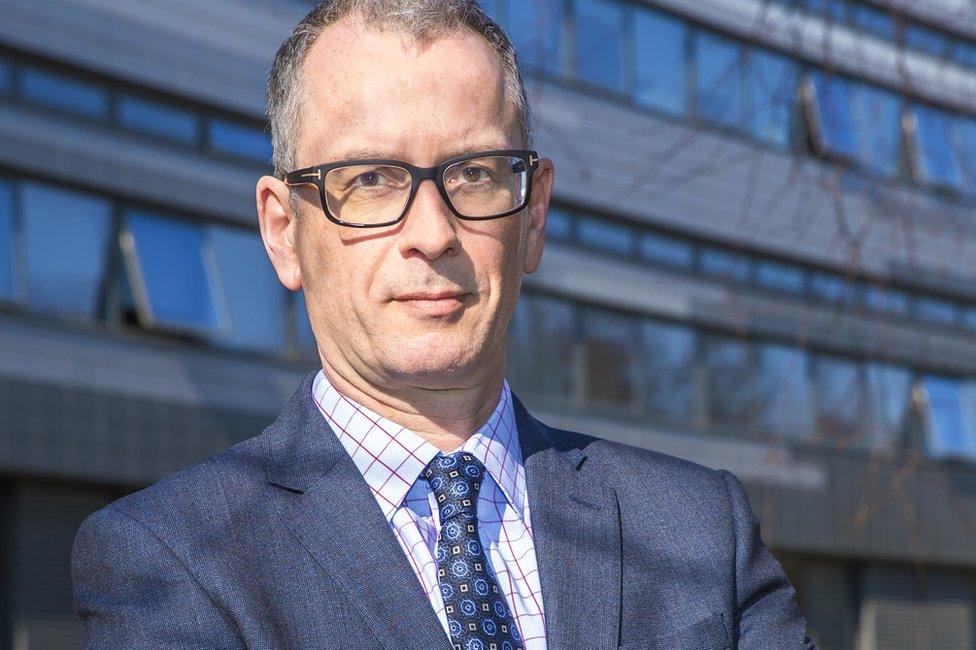
Prof Roderick Watkins, vice-chancellor at Anglia Ruskin University, said many students also have part-time jobs
Of course, the University of Cambridge is not the only university in the city.
Prof Roderick Watkins is vice-chancellor at Anglia Ruskin University, which has campuses both in Cambridge and Chelmsford and which resumed courses a week ago.
"Without a doubt, Cambridge has felt very, very different in recent months," he said.
"We are giving our students a choice between fully online teaching or a blend of face-to-face and online learning.
"About 22% have chosen to be fully online, which means the majority have opted for blended tuition.
"We can switch completely to online now if the need arises but every week that we can provide this blended offer is important for our community."
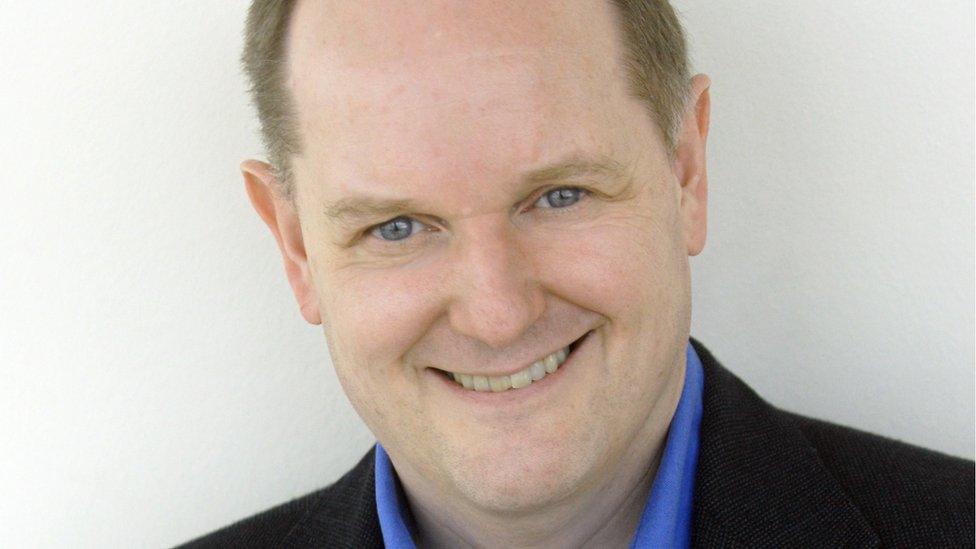
Roger Mosey said there was "broad consent" in the city that the university was "central" to its economic wellbeing
Roger Mosey, master of Selwyn College, said: "Everybody does feel a great responsibility and are very conscious of the fact we are in this great city. The students do want to come back.
"What we want to do is keep students and very importantly the city, the community, as safe as we possibly can.
"And also, if we start with tighter restrictions, then of course we would hope they can be loosened over the year as the worst of the second wave starts to go away.
"We really want to make sure that students feel they are getting a university and a college experience."

A SIMPLE GUIDE: How do I protect myself?
AVOIDING CONTACT: The rules on self-isolation and exercise
LOOK-UP TOOL: Check cases in your area
MAPS AND CHARTS: Visual guide to the outbreak
VIDEO: The 20-second hand wash

Find BBC News: East of England on Facebook, external, Instagram, external and Twitter, external. If you have a story suggestion email eastofenglandnews@bbc.co.uk, external
- Published9 September 2020
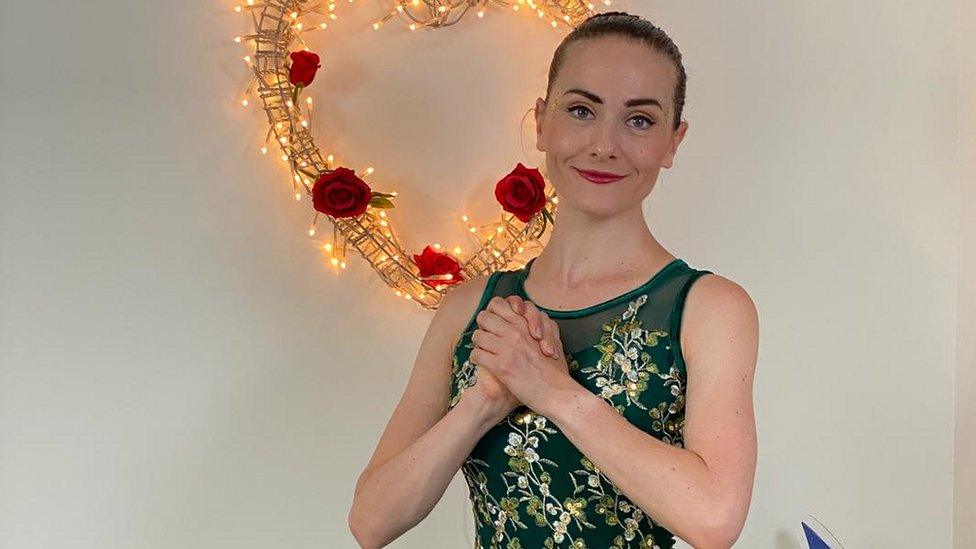
- Published6 November 2014
